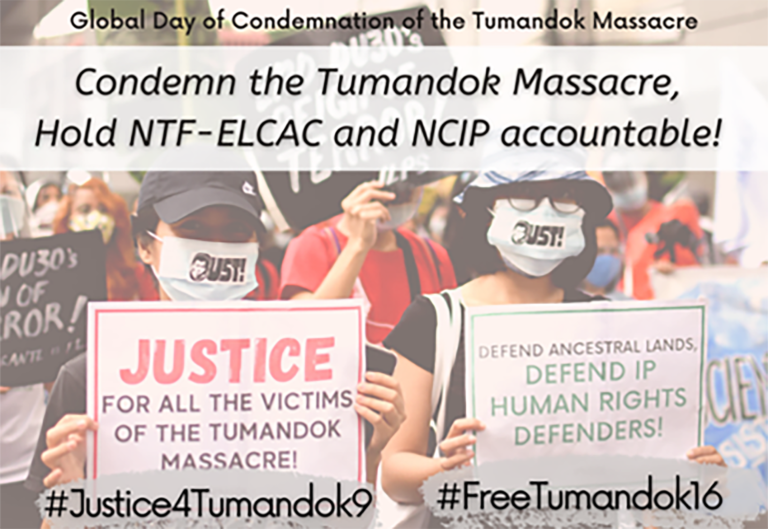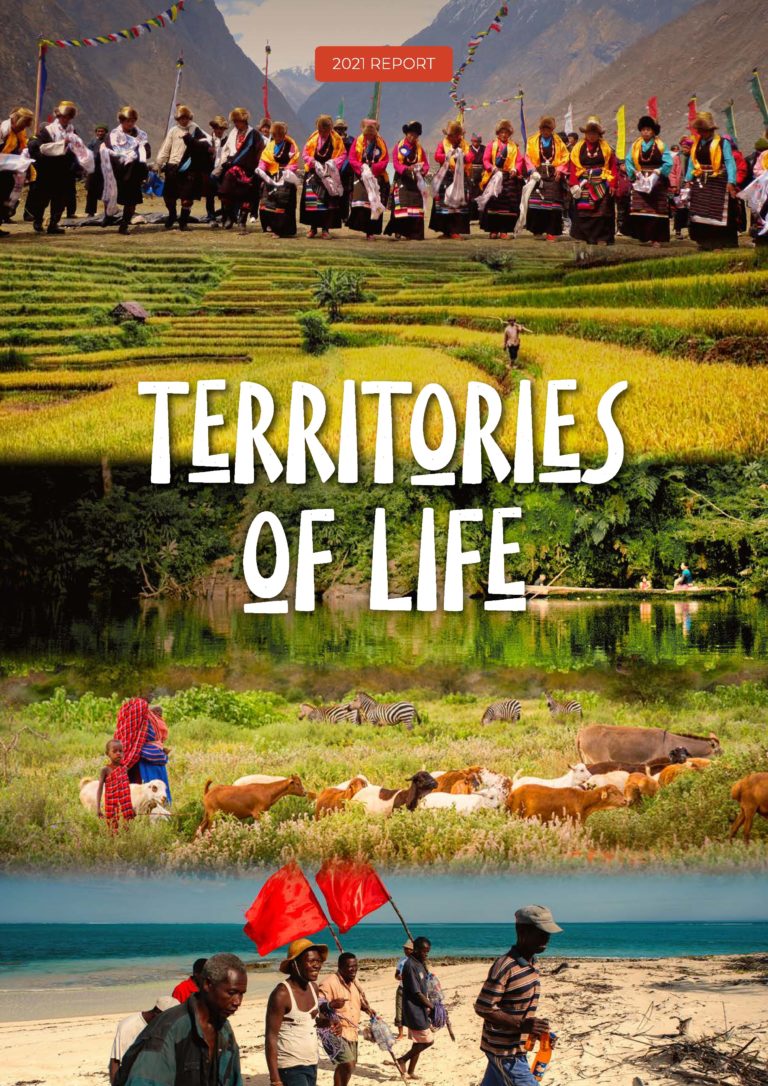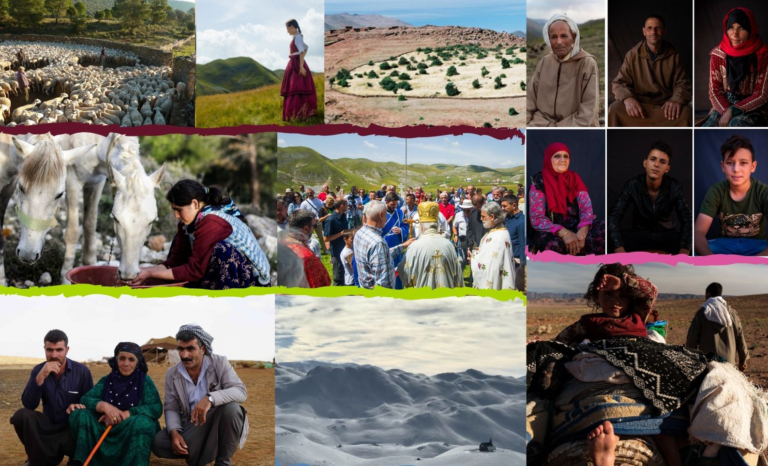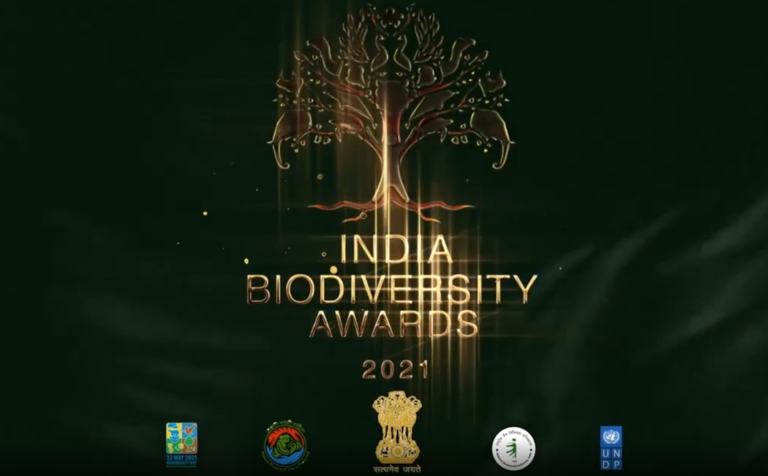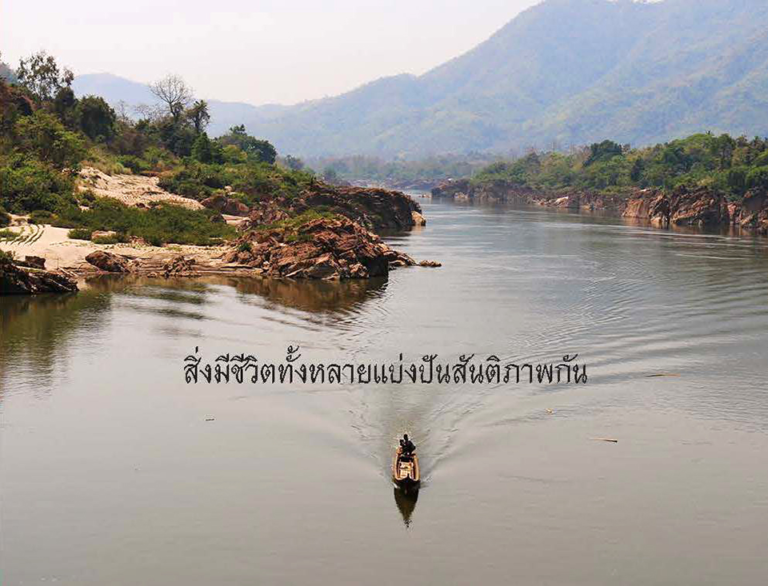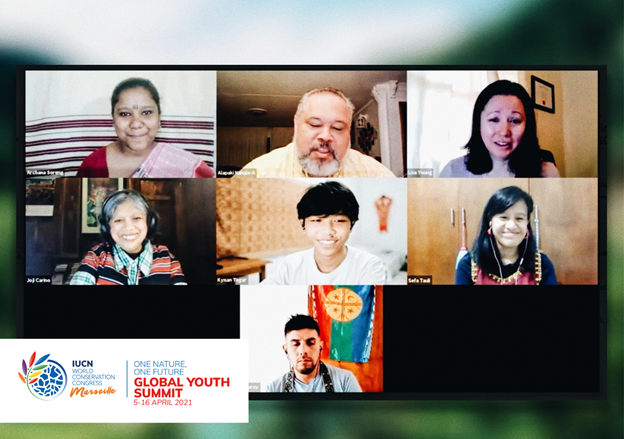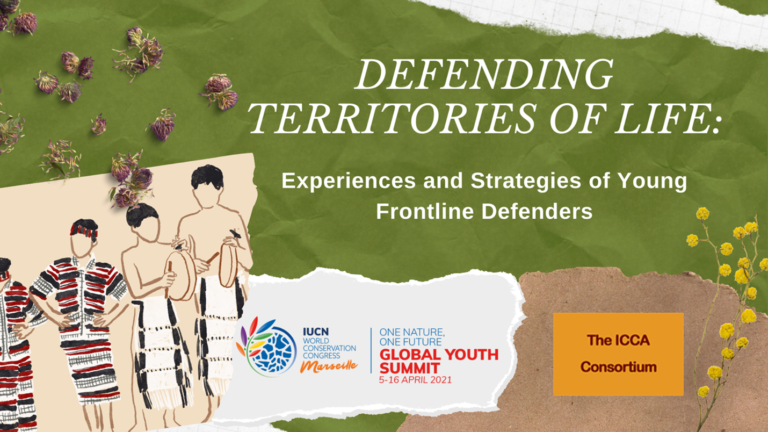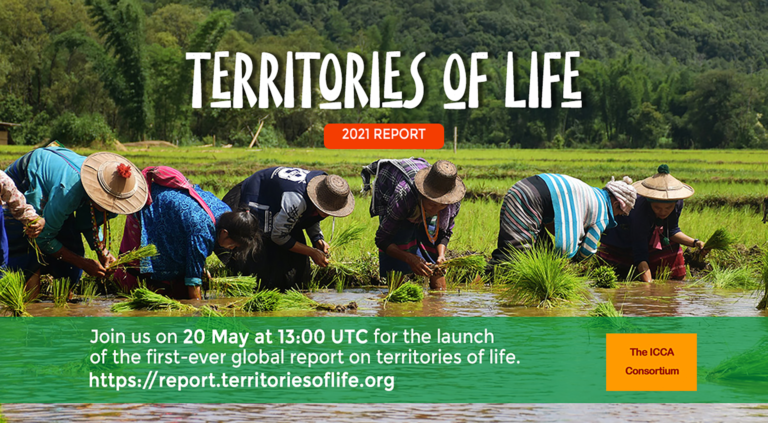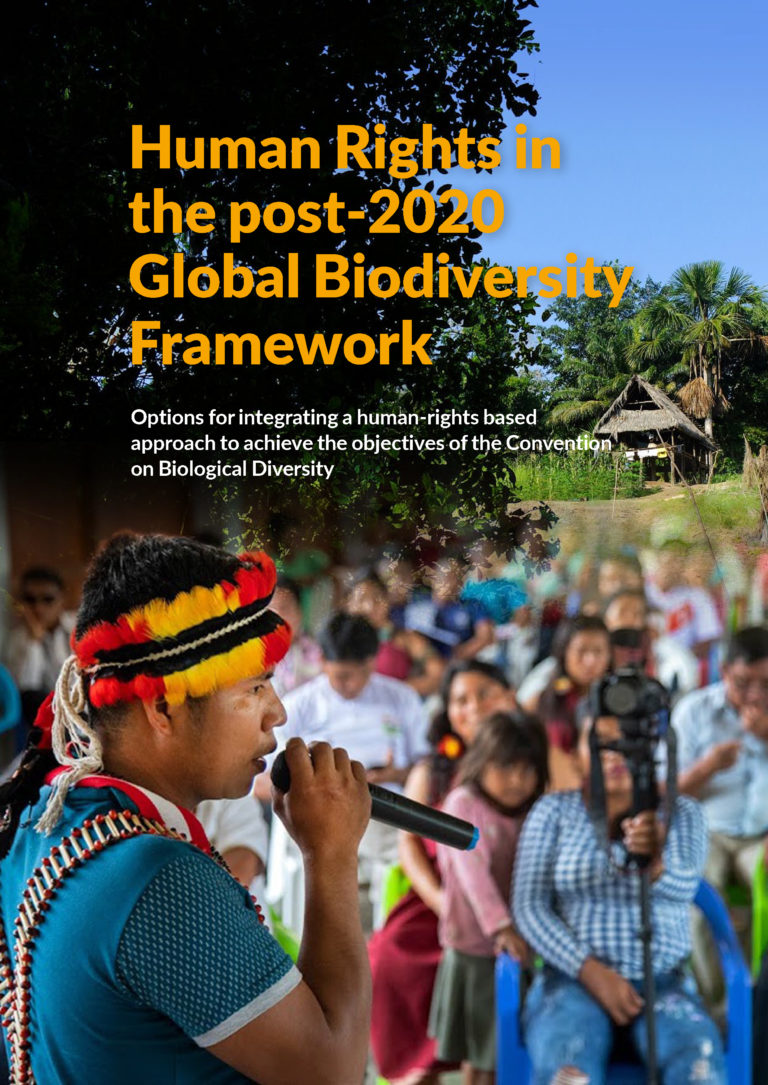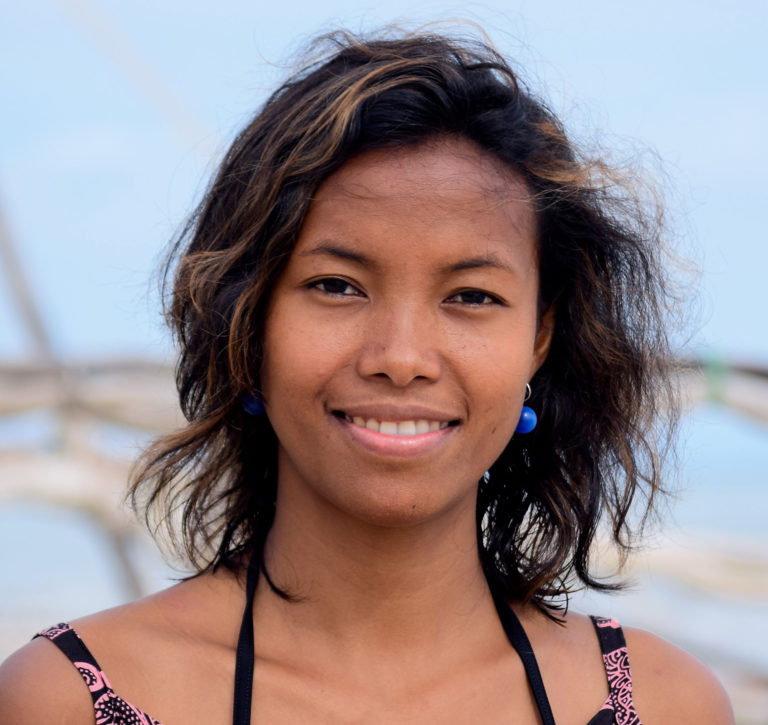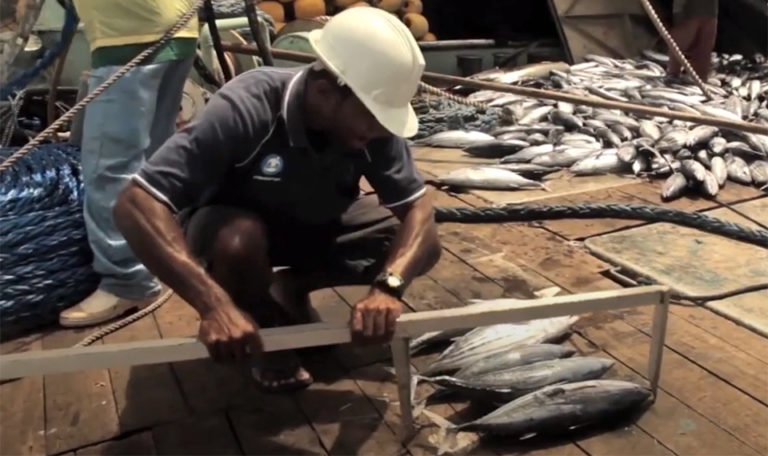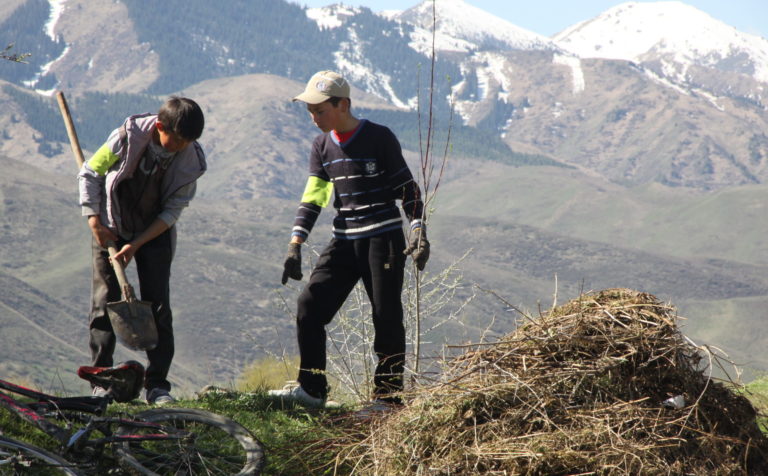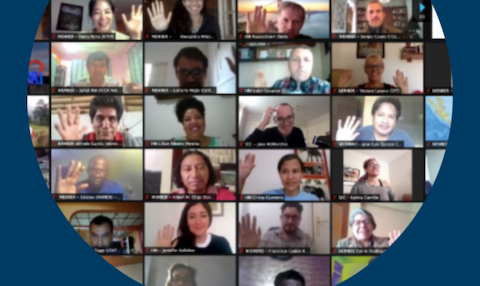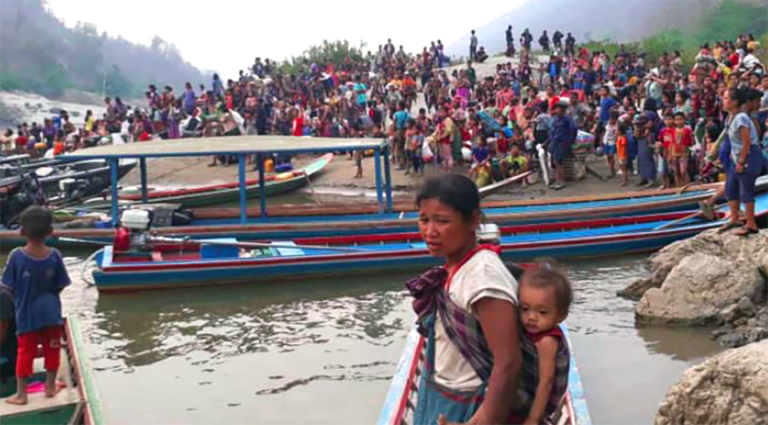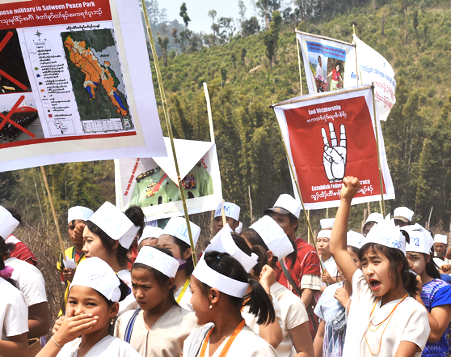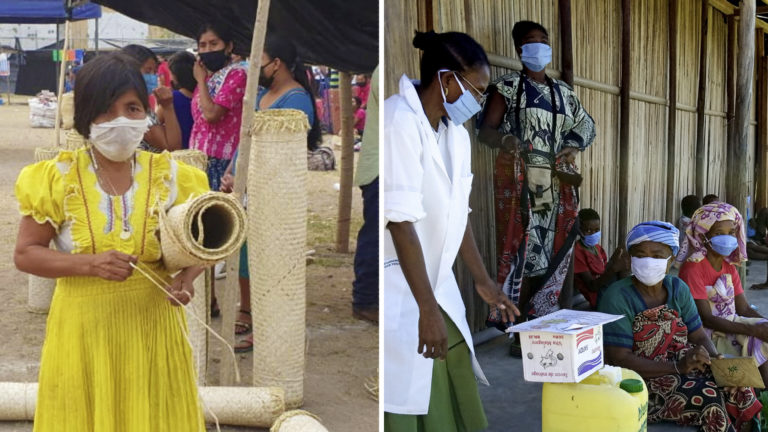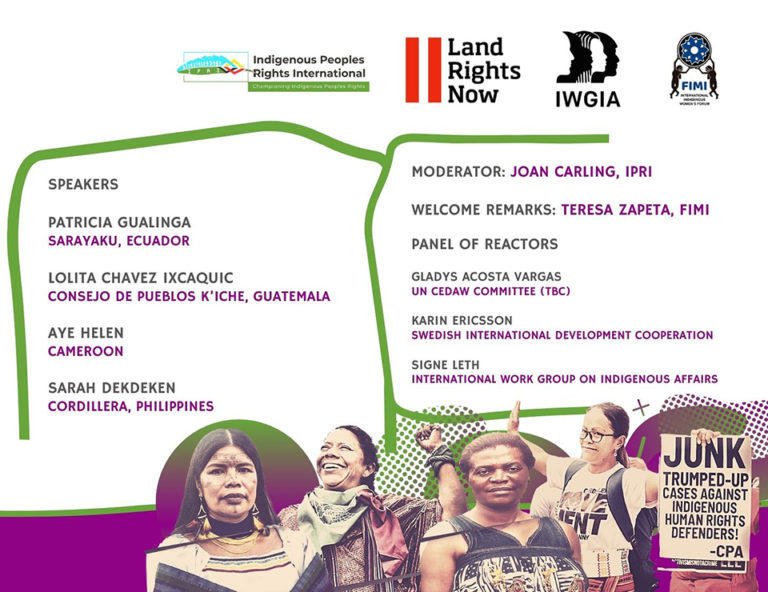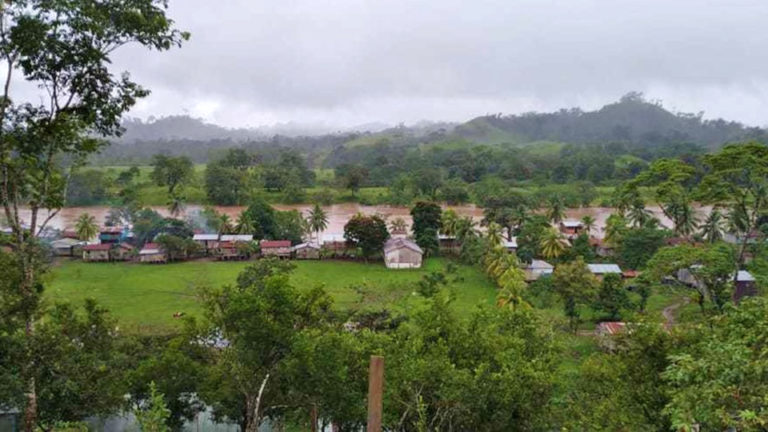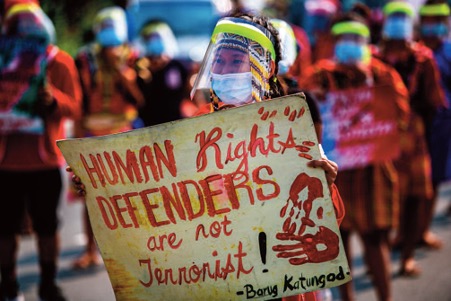The ICCA Consortium presented the “Territories of life: 2021 Report ” on 20 May, a publication with 17 examples of territories and areas conserved by Indigenous peoples and local communities from different regions around the globe. It includes some national and regional analyses about the state of territories of life, plus a global spatial analysis with the best available information to date of the potential extent of the world’s lands and nature conserved by Indigenous peoples and local communities and the overlap with areas with high biodiversity conservation value, among other things.
The report was launched in the week of International Day for Biological Diversity celebrations, aiming to call on the Convention on Biological Diversity (CBD) Parties to take its findings into account while negotiating the post-2020 global biodiversity framework.
During the presentation, Teddy Baguilat Jr, President of the ICCA Consortium, pointed out the important role Indigenous peoples and local communities play in conservation. “The ICCA Consortium’s new report on territories of life adds to the evidence that Indigenous peoples and local communities are so central to sustaining the diversity of life on Earth that it would be impossible to address the interlinked biodiversity and climate crises without them,” said Baguilat.
To illustrate how effective Indigenous peoples and local communities governance systems are, Salatou Sambou, member of the Kawawana territory of life in Senegal and ICCA Consortium Regional Coordinator for West Africa, mentioned how a fishermen’s association in Casamance got organised with the community to protect and restore their territory of life by creating a self-determined zoning system to regulate the use of land and water for their sustenance.

Fishermen from Kawawana territory of life. Photo: Grazia Borrini-Feyerabend
“In recent years, we have seen a lot of fish again… We have started to share the benefits and we know that there is good food in quality and quantity and a lot of improvement in the households,” Sambou said about the success of the first ICCA recognised by the Government of Senegal, which covers 9,665 hectares.
As stated by the CBD Executive Secretary, Elizabeth Mrema, on a video message recorded for the occasion, “Indigenous governance and management systems offer new ways to envision realistic and truly transformative governance for biodiversity” and therefore it’s time to embrace this also as a solution to biodiversity degradation.
The ICCA Consortium also presented some recommendations and opportunities for action that policy-makers should take into account for the post-2020 global biodiversity framework. Ameyali Ramos, International Policy Coordinator of the ICCA Consortium, highlighted the need to focus on halting threats to and violence against Indigenous peoples and local communities and their territories of life; recognising and upholding human rights in general and the specific rights of Indigenous peoples and local communities; and supporting communities’ self-determined initiatives to strengthen and sustain themselves and their territories.
“Human rights must be placed at the heart of the post-2020 framework. Certain targets must at minimum include safeguards to prevent human rights violations,” Ramos underscored.
On a similar note, Tupac Viteri Gualinga, president of the Pueblo Originario Kichwa de Sarayaku in the Ecuadorian Amazon, mentioned that “the lack of legal guarantees in the Ecuadorian Amazon and the expropriation of territories by protected areas and extractive industries constitute a violation of our rights,” which is why the Kichwa people of Sarayaku have declared their territory of life as “Kawsak Sacha” or “Living Forest” and a subject and holder of rights.

Bobonaza river in the Sarayaku territory of life. Photo: Wachachik
The important role of Indigenous peoples and local communities in conservation is a fact and the global spatial analysis, which was developed by the UN Environment Programme World Conservation Monitoring Centre (UNEP-WCMC) and ICCA Consortium for this report, gives some key figures to help us understand this. Neville Ash, Director of UNEP-WCMC, explained it briefly: “Around one-fifth of the world’s land area is contained within potential territories of life, and it includes one-fifth of key biodiversity areas on land. If these potential areas were recognised for their contribution to conservation alongside existing conserved and protected areas, it would equate to around one-third of the world’s land.” Ash highlighted the fact that Indigenous peoples and local communities who are governing, managing and conserving at least half of this area are not recognised or supported, so “there’s a clear opportunity in the post-2020 global biodiversity framework to recognise [their] contribution [to conservation] and ensure that the rights for the use of this land is safeguarded.”
This report is therefore a must-read for all government officials and civil society involved in the CBD negotiations on the post-2020 framework, which will decide on the actions governments need to take for the future of biodiversity. With this fundamental data, the ICCA Consortium expects Parties not only to recognise the leading role of Indigenous peoples and local communities, but also to guarantee their rights and effective participation in planning and implementing measures nationally and locally.
Watch the complete launch event here:
